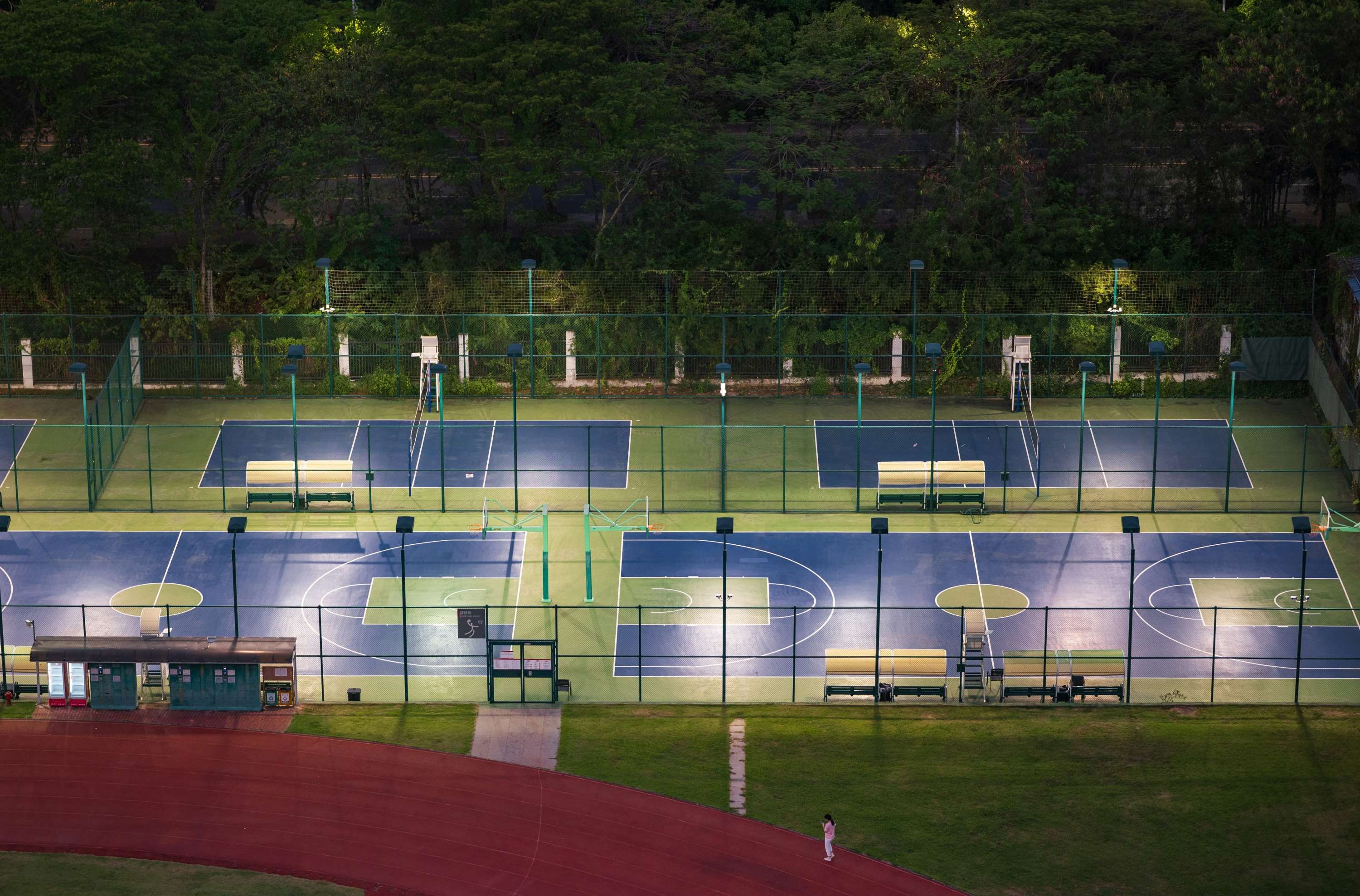SPORT-RENOV: Innovative approaches for renovating sport facilities in Europe
Sport facilities often have high energy demands and are underrepresented in energy research, although improving their efficiency is essential. Bosön sport center, managed by the Swedish Sports Confederation (Riksidrottförbundet), supports elite sports with testing, training, rehabilitation, accommodation, and education facilities. Ultimately, this project aims to improve energy and resource efficiency in sports facilities, and foster innovation across the broader building stock.
Background
In Europe, sport facilities account for only a few percent of the entire building stock. However, previous studies show that sports and recreation buildings are responsible for around ten percent of the annual energy consumption in Europe. According to Boverket, the highest annual energy consumption in non-residential building in Sweden belongs to sport facilities, beside hotels, restaurants, and schools. This means the buildings located in Bosön facility are representing almost all the high energy consumption non-residential building archetypes in Sweden. The major share of energy use in those buildings in Sweden goes to heating purposes, but the share of electric appliances and cooling can be considerable depending on the application.

This project focuses on analyzing Bosön’s energy systems through field measurements and advanced modeling. As a renovation case study, Bosön aims to become a "nearly zero energy" campus and a testbed for evaluating future energy solutions in sport facilities.
The energy systems in Bosön also have a great need of renovation and optimization, where some of the identified issues are:
-
High Energy Demand & Operating Costs
-
Fragmented & Inefficient Energy Systems
-
Peak power demands
-
Simultaneous need for Heating, Cooling & Dehumidification
-
Lack of holistic perspective in Operation & Maintenance
In Sweden and Europe there is thousands of buildings dedicated to sports activities, but despite this scale, sports facilities are generally an under-investigated area in energy research. High energy intensity and sub-optimized design, operation & maintenance in sports facilities further motivates this project. In this context, Bosön also serves as a good case study, with several building archetypes and potential for a best-practice facility.
To address the gap between reliable information and prioritization in energy renovations a digital decision-making support tool will be developed in this project, aimed to support renovation decisions by assessing trade-offs between efficiency, comfort, costs, emissions, and standards relevant to sport facilities. AI-driven algorithms will also be implemented to enhance control and predictive maintenance, improving operational efficiency.
Aim and objectives
This research project aims to address the following issues:
-
Systematic analysis of sports facility renovations
-
In depth analysis of energy systems via field measurements and modeling the existing buildings at Bosön
-
Making Bosön a renovation case study aiming at a “nearly zero energy” sport facility
-
Development of Bosön as a testbed for evaluation of future innovative energy solutions beyond this research project
-
Development of a tool to support the decision-making process in sports facility energy renovations, addressing trade-offs and conflicting objectives
-
Implementation of AI-driven control and predictive maintenance algorithms to promote resource efficiency
Funded by
Project funding is provided by Energimyndigheten
Time period
July 2025 to December 2028
Project partners
KTH Energy Technology
AFRY
Bosön
Researchers
Project supervisor
PhD candidate
